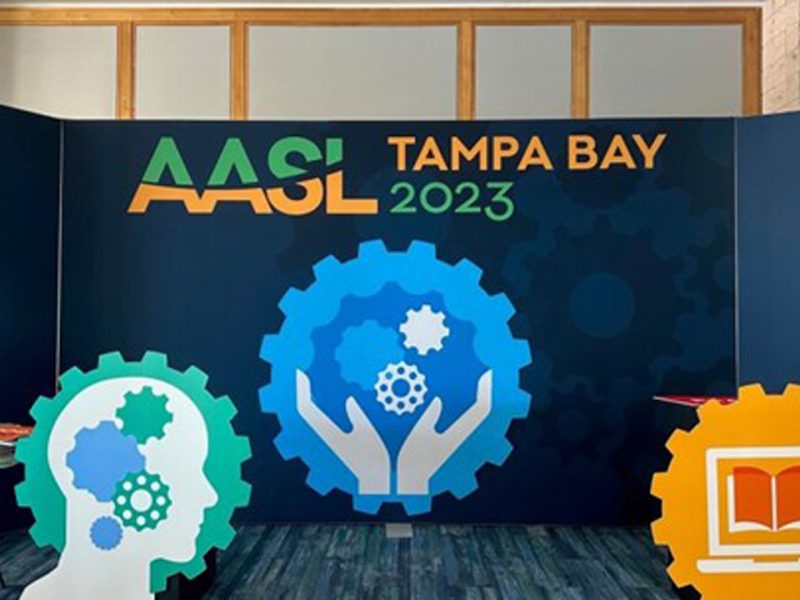Florida Announces District & Charter School Fall 2020 Reopening Requirements
Florida Charter School Capital | Larry Williams | July 12, 2020
The Monday following the July 4th holiday weekend marked a significant time for public schools in Florida. With four weeks left until the new school year, school districts and public charter schools were on the final approach to announce their school reopening plans to parents and students.
Then they were hit with a bombshell.
Late that same Monday afternoon, Florida Education Commissioner Richard Corcoran announced an emergency order (EO-06) directing public schools in Florida to reopen in August and offer “the full panoply of services for the benefit of Florida students and families.”
The order also directed that “all school boards and charter school governing boards must open brick and mortar schools at least five days per week for all students.” There were even comments made by Department spokespeople that a reduction in funding is possible for schools that do not fully open as scheduled.
As school districts and charter schools researched and discussed school reopening options, the Florida Department of Education jumped into the school reopening pool. This caused school districts and charter schools to put the brakes on rolling out their nearly completed school reopening plans for the fall.
Florida Governor Ron DeSantis backed the order to open schools in the fall fully.
Under the emergency order, school districts and public charter schools must submit their reopening plans demonstrating their adherence to all the directives outlined in the order. School districts must submit their proposals to the Department of Education for approval by July 31st. Public charter schools are required to submit their plans to their school district partners for approval by July 24th.
This order directing a full reopening of schools in the fall was a body blow for many local school leaders. After spending months getting input from parents and stakeholders, and continually monitoring CDC guidelines, districts and charter schools thought they had adequately threaded the needle and were ready to offer parents appropriate options for the upcoming school year.
The emergency order may have come from what should be an apolitical state agency but landed squarely in the political sphere when a few hours later, President Trump wrote on Twitter saying, “SCHOOLS MUST OPEN IN THE FALL!!”
Critical remarks followed this during a CNN interview from Fedrick Ingram, the head of the Florida Education Association, the 130,000-member statewide teacher’s union advocating for a slower return to fully reopening schools. Pointing particularly to Florida teachers aged 60 and over, Ingram criticized the plan saying, “…this is a matter of life or death,” and Governor DeSantis showed a “lack of leadership.” Ingram said what was needed was a plan that was “robust, comprehensive, and guided by the science” and referenced the most recent increases in COVID infections and hospitalizations in the state.
Some school districts have since reiterated they would not alter their plans, citing their constitutional authority granting them local control over schools within their district. Broward County Schools have said they would offer parents and students options, including continuing virtual education. Miami-Dade and Palm Beach Counties school leaders have said they do not see how their schools can open for classroom instruction considering the levels of COVID infections in South Florida hot spots.
Unlike school districts, public charter schools do not have constitutional authority giving them control of their schools. They will have a more difficult task as they try to walk the line between directions from their particular school districts and trying to meet the requirements of the emergency order.
This issue will continue to be a politically hot issue for the next several weeks, and the final chapter of this story is still yet to be done known.






